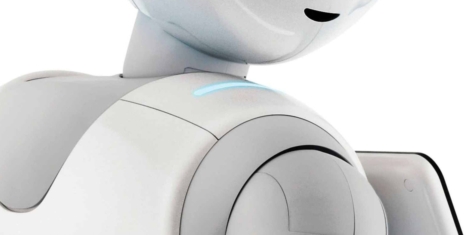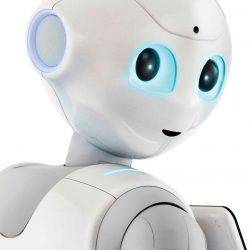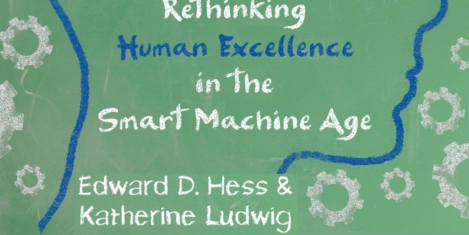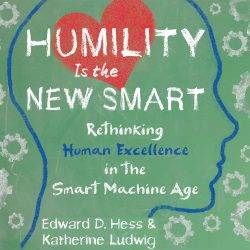March 23, 2017
The digital revolution is polarising the labour market and increasing wage inequality 0
 The increasing ability of machines to perform cognitive, physical, and social tasks has polarised labour markets by “hollowing out” demand for middle-skill jobs, claims a new report published by IZA World of Labor based on research from economist Michael Gibbs of Chicago Booth School of Business. It suggests that analytical, problem solving, and social and communication skills are likely to be most valued in employees in the future. The new report finds that the advance of technology has opposing effects on jobs. It facilitates automation, creating fewer and less motivating middle-skill jobs. Conversely, it complements social and innovation tasks, creating more interesting low- and high-skill jobs. This causes labour market polarisation, “hollowing out” demand for middle-skill jobs, and increasing wage inequality.
The increasing ability of machines to perform cognitive, physical, and social tasks has polarised labour markets by “hollowing out” demand for middle-skill jobs, claims a new report published by IZA World of Labor based on research from economist Michael Gibbs of Chicago Booth School of Business. It suggests that analytical, problem solving, and social and communication skills are likely to be most valued in employees in the future. The new report finds that the advance of technology has opposing effects on jobs. It facilitates automation, creating fewer and less motivating middle-skill jobs. Conversely, it complements social and innovation tasks, creating more interesting low- and high-skill jobs. This causes labour market polarisation, “hollowing out” demand for middle-skill jobs, and increasing wage inequality.









 Accommodation and food services, manufacturing, and transport industries will be hardest hit by limits on movement of EU and non-EU workers following Brexit, a new report has claimed. The latest edition of Mercer’s
Accommodation and food services, manufacturing, and transport industries will be hardest hit by limits on movement of EU and non-EU workers following Brexit, a new report has claimed. The latest edition of Mercer’s 






 Implementing new technologies over the next 12 months is of primary importance for senior managers, with nearly two-fifths of finance directors saying digital transformation is one of their greatest priorities. Against a backdrop of economic uncertainty, chief financial officers (CFOs) are focusing on increasing profitability (41 percent) and driving overall company growth (39 percent) in the year ahead, according to research from,
Implementing new technologies over the next 12 months is of primary importance for senior managers, with nearly two-fifths of finance directors saying digital transformation is one of their greatest priorities. Against a backdrop of economic uncertainty, chief financial officers (CFOs) are focusing on increasing profitability (41 percent) and driving overall company growth (39 percent) in the year ahead, according to research from, 


















March 8, 2017
In a crowd of truths, we can discern and reclaim what it means to be human 0
by Neil Usher • Comment, Facilities management, Technology, Workplace design
(more…)